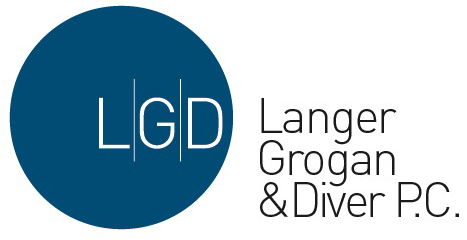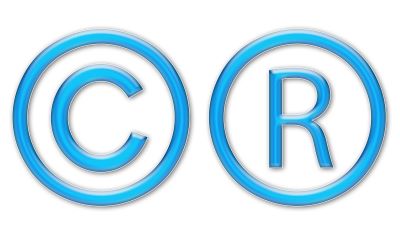By Bob Silver
The United States Patent and Trademark Office (USPTO) has published a new rule in the Federal Register to implement the Trademark Modernization Act (TMA) of 2020. Most revisions to the trademark rules became effective December 18, 2021. Some, including the implementation of the shorter response period for office actions, will become effective on December 1, 2022. Petitions requesting institution of proceedings for reexamination or expungement will be accepted beginning December 27, 2021.
The TMA will significantly streamline office procedures and increase efficiency in registering a mark by allowing a party to utilize new ex parte expungement and reexamination proceedings to provide a faster, more efficient, and less expensive alternative to a contested inter partes cancellation proceeding at the Trademark Trial and Appeal Board.
Expungement
For a newly streamlined expungement proceeding, anyone may request cancellation of some or all of the goods or services in a registration because the registrant never used the trademark in commerce. This cancellation proceeding must be requested between three and ten years after the registration date. Until December 27, 2023, however, a proceeding may be requested for any registration at least three years old, regardless of the ten-year limit. The existing grounds for cancellation of nonuse and abandonment are unaffected by this new expungement ground for cancellation.
Reexamination
Any party may request cancellation of some or all of the goods or services in a use-based registration if the trademark was not used in commerce on or before a particular date. When the underlying application was initially filed based on use of the trademark in commerce, the relevant date will be the filing date of the application. When the underlying application was filed with an intent-to-use basis, the relevant date is the later of the date that an amendment to allege use was filed or the date that the deadline to file a statement of use expired. This new procedure makes it easier to achieve cancellation and must be requested within the first five years after registration. Any goods or services that are cancelled in these proceedings will no longer be covered by the trademark registration.
Who May Request Expungement/Reexamination
Anyone may petition the USPTO to request institution of an expungement or reexamination proceeding. The petitioner is not required to identify the name of the real party in interest, but the Director can request that information in particular cases. If an attorney files the request in their name instead of their client’s name, the Director may require the attorney to provide the client’s identity.
Process for Requesting Proceedings
One must file a petition to the USPTO to institute these proceedings, and include:
(1) A verified statement that establishes that a reasonable investigation was conducted regarding whether the trademark had been used in commerce with specified goods or services. The verified statement must also include a concise factual statement explaining the basis for the petition. This requirement existed prior to the enactment of the TMA.
(2) Evidence supporting a prima facie case of nonuse in commerce (“a reasonable predicate”).
(3) A $400 fee per class of goods or services.
If the petition doesn’t satisfy all the requirements for a complete petition, the USPTO issues a letter that gives the petitioner 30 days to amend and complete the petition.
Other Significant Changes
Responses period to Office Actions shortened but a single extension is permitted
Effective December 1, 2022, responses to Office Actions will now be 3 months (excluding Madrid Section 66(a) applicants). A single 3-month extension of time to respond can be obtained by paying the fee of $125. Absent a response, the application will be deemed abandoned or the registration will be cancelled or will expire.
Attorney Designations
Any designation of attorney that was false, fraudulent, or mistaken will not be effective. For example, if an applicant designates an attorney without the attorney’s prior authorization or knowledge, the USPTO will communicate only with the applicant, not the attorney.
Court Orders Cancelling or Affecting a Registration are Now Codified
The USPTO’s long standing procedures in these matters under 15 U.S.C. § 1119 are now codified. One must submit a certified copy of the court order, and the USPTO will not act on such orders until the case is finally determined.
Letters of Protest from Third Parties
Third parties will now be able to submit evidence to the USPTO, prior to a mark’s registration, relevant to a ground for refusal in examination. The TMA sets a two-month deadline for the USPTO to act on these submissions and authorizes the USPTO to continue to charge a fee for them. The Director’s decision is final and non-reviewable.
These streamlined procedures will help eliminate barriers to registrations for marks that are no longer used in commerce, or which were never used in commerce in the United States. Additionally, by decreasing the time to respond to an outstanding office action, the registration process should proceed more quickly.
Bob Silver has over thirty years of experience as an intellectual property attorney. He is Of Counsel at Langer, Grogan & Diver.

